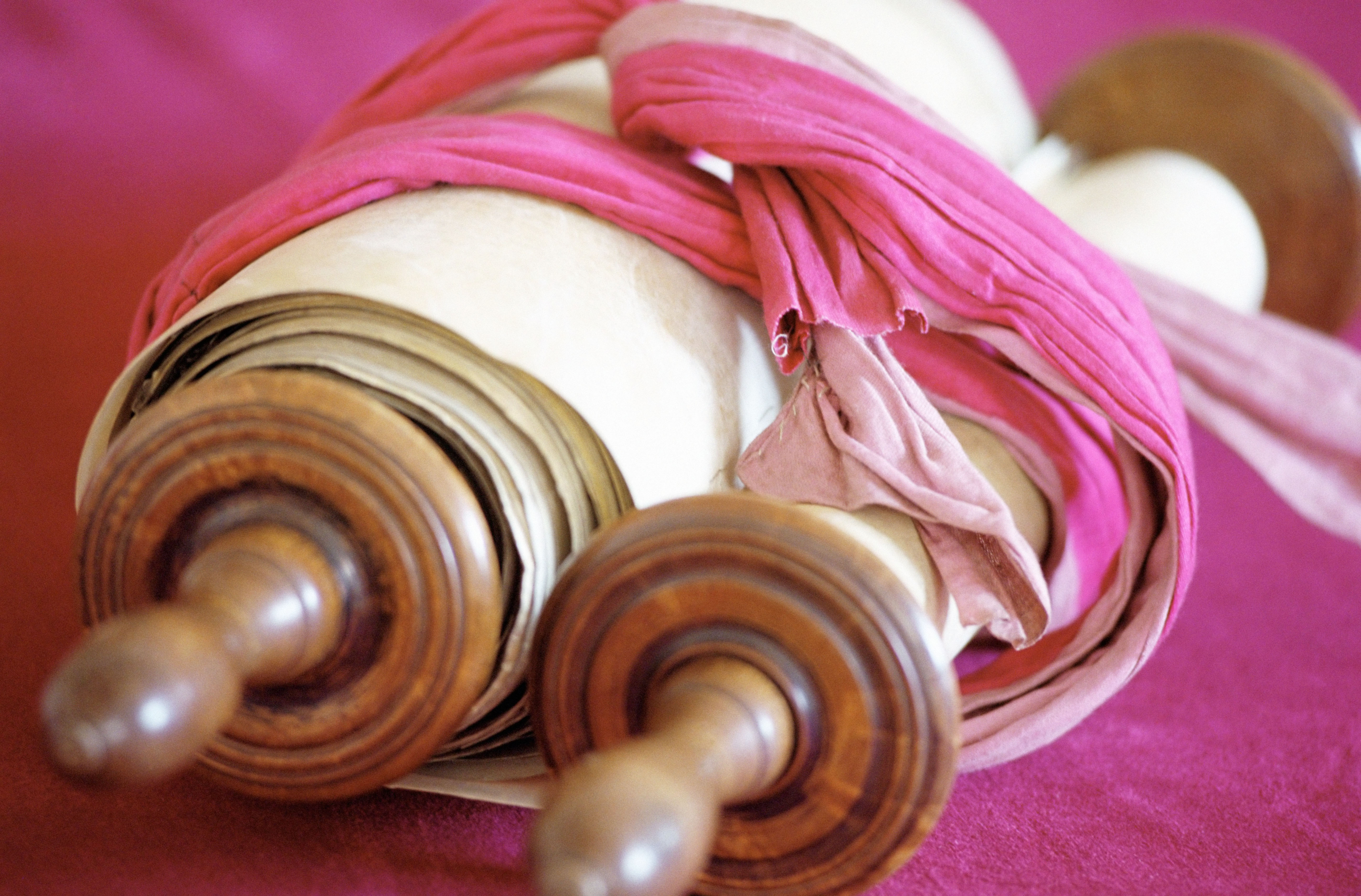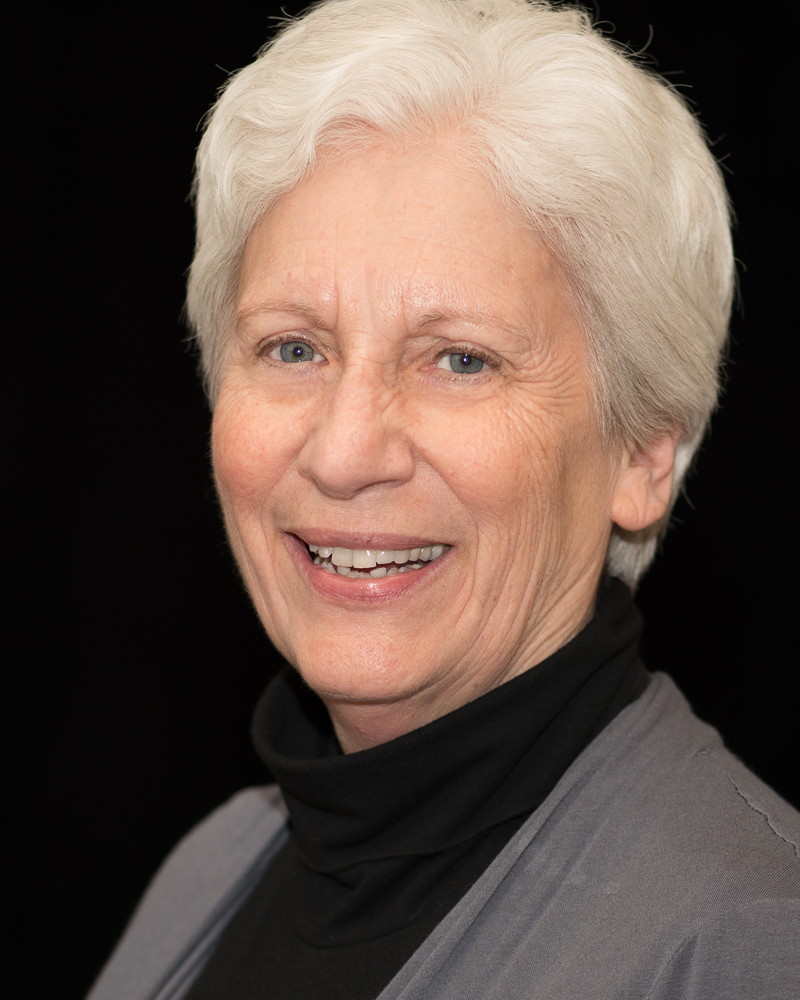
And just like that, this week’s parashah is “Mishpatim.” It seems like yesterday that we were celebrating Simchat Torah, beginning the cycle of reading the Torah again. And here we are, well into the book of Exodus. Last week, we received the Ten Commandments, all of us standing at Sinai, those who were there and those of us who were not yet born. And this week, we learn about many “Mishpatim” – rules or laws – concerning issues both civil and ritual.
There are many iconic moments in this parashah. We hear for the first of many times, “You shall not wrong nor oppress a stranger, for you were strangers in the land of Egypt.” This parashah contains the troubling instructions about an “eye for an eye, a tooth for a tooth.” The laws of kashrut are first mentioned here: “You shall not boil a kid in its mother’s milk.” And in this parashah, I find another moment that I believe will become iconic to all of us who have lived through the changes and uncertainties of these past two years.
In Exodus 24:7, after Moses reads the record of the covenant aloud to the people, they respond, “Na’aseh v’nishma” (“We will do and we will hear”). This is how the Israelites accepted, with enthusiasm, the rules that God had instructed Moses to share. At first glance, this seems simply to be the people affirming the covenant they have been given. But why in this order? Wouldn’t it be more expected to say, “We hear and we will do?”
One of the volunteer roles I hold is as a facilitator for Temple Board workshops. I am part of a team that the Union for Reform Judaism trains and deploys to congregations around North America. Each workshop is different, based on the goals and needs of that congregation. Some boards may be acclimating new members and examining the role of a board in a sacred community. Others may be considering their mission or gearing up to create a new strategic plan. Still, others may have specific challenges with which they are wrestling, and the workshop helps define these challenges, prioritize them, and create an action plan.
During this pandemic, we have facilitated workshops specifically to dive into the positive and negative impact that the pandemic has created in a congregation. What did this congregation begin doing that has been so successful that they never want to stop? Think about streaming services, about increased accessibility to programs, about upgraded technology. What happened that they cannot wait to end? Think about the lack of in-person engagement, about the sound of only one voice singing. And what did they stop doing that they do not need or want to re-start – making room for new innovations?
At these workshops, this moment from “Mishpatim” is often used for the text study with which we begin. “Na’aseh v’nishma” (“We will do and we will hear”). Whether or not we realized it at the time, this was what we all said and did at the start of this pandemic. Think back to your congregation in March 2020. We were forced to begin down a new path with almost no warning. Our buildings closed, our clergy, staff, and leadership were dispersed, but our communities needed us more than ever. We did not have time to hear and consider and weigh the options before we “did.” All of us jumped in with both feet, not knowing quite where we would land. For those, including me, whose instinct is to think things through, looking at pros and cons, before acting, we were out of our comfort zone. But we had no choice.
And what did we learn from this experience? So many things. We learned flexibility – that we can pivot quickly when we need to. We learned creativity – developing new paradigms that we had never imagined. We learned to embrace failure – not everything we did worked, but everything that did not work taught us something. We learned that successes sometimes come from unexpected places – who would have predicted that the act of delivering a Torah scroll to the home of a young person who would become a B’nai Mitzvah at home over Zoom could be a sacred moment?
Women of Reform Judaism shone during this time, offering countless ways to keep our women connected from afar. Many members found ways to connect in our congregations that did not exist for them before the pandemic. From media giants to theater companies, organizations created ways to keep us entertained, informed, and less alone.
May we never lose our ability to “do” before we “hear.” I wish for us that this flexibility, creativity, and risk taking may continue into all the next steps on our journeys.
Related Posts

Continuing to Educate and Empower People Together

My Challah-Making Experience


